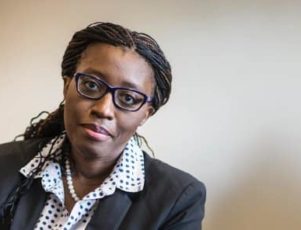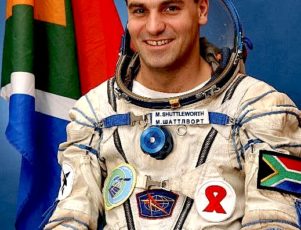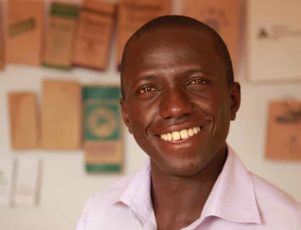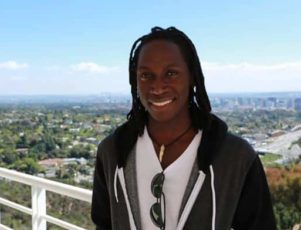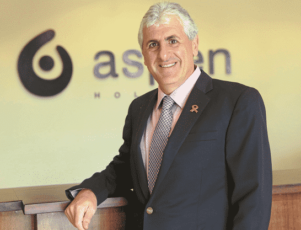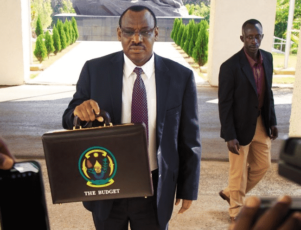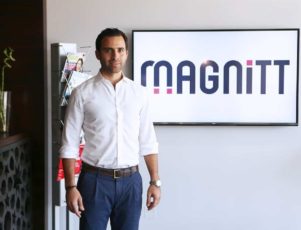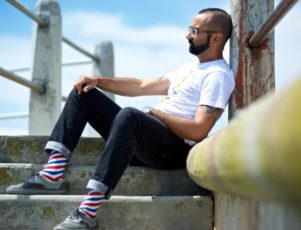Announced in April by UN Secretary General, Antonio Guterres, Dr. Vera Songwe has become the first woman ever to head the United Nations Economic Commission for Africa (UNECA). Headquartered in Addis Ababa, Ethiopia, UNECA is one of the UN’s five regional commissions, and was established in 1958 to encourage economic cooperation among the nations of the African continent. A prestigious position by itself, Songwe has also acquired the rank of Deputy Secretary General of the United Nations.
Beating more than 70 candidates for the role, Songwe, aged 48, takes over the reins of the organization at a critical time, following the departure of Dr. Carlos Lopes of Guinea-Bissau, who stepped down from the organization in September, last year. Labelled as one of 25 African’s ‘to follow,’ by the Financial Times in 2015, the UN reported that her longstanding track record of policy advice and results orientated implementation in the region, as well as, her demonstrated strong and clear strategic vision for the continent, is what lead to the decision.
Track Record in Economics
Before her appointment, Songwe was serving as the International Finance Corporation’s Regional Director, covering West and Central Africa. Between 2012 and 2015 she was the World Bank’s Country Director for Senegal, Cape Verde, Gambia, Guinea-Bissau and Mauritania. Before that, she held the post of Advisor to the Managing Director of the World Bank for Africa, Europe and Central Asia, and South Asia. She is also currently a non-resident Senior Fellow at the Brookings Institution’s Global Development African Growth Initiative, since 2011.
Starting her professional journey as a Young Professional at the World Bank in 1998, Songwe worked in the Middle East and North Africa region covering Morocco and Tunisia in the Poverty Reduction and Economic Management unit (PREM). Later she joined the East Asia and Pacific region PREM unit where she held several roles, such as, Regional PRSP Coordinator, Country Sector Coordinator and Senior Economist for the Philippines. She has also worked in Mongolia and Cambodia for the World Bank.
Born in 1968, Songwe earned a PhD in Mathematical Economics at the Center for Operations Research and Econometrics, as well as a Master of Arts in Law and Economics, and a Diploma of Profound Studies in Economic Sciences and Politics, from the Catholic University of Louvain-la-Neuve, in Belgium. She also has a Bachelor of Arts in Economics and Political Science from the University of Michigan in the United States. Songwe has also published several papers on governance, fiscal policy, agriculture and commodity price volatility, and trade and new financial infrastructure.
In the Shadow of Lopes
With the departure of the charismatic, and sometimes combative, Carlos Lopes, Songwe arrives in an institution where her predecessor has left a large imprint. Joining the organization in 2012, Lopes has been credited with reshaping UNECA and raising it out of obscurity on the continent. According to The East African news outlet, Lopes championed the need for improved data and statistics for informed decision making. He was the first to call for debt cancellation for the Ebola-effected countries in Africa, and led a team to demonstrate the economic impact projections on Africa were highly exaggerated and part of a negative narrative. During his resignation, Lopes was also praised by colleagues for taking the relationship between the organization, its partners and member states, to a higher level, for beautifying the UNECA compound, leading UNECA to host big conferences impacting on Africa’s development and empowering employees and ensuring gender parity in the organization.
Songwe’s Vision
However, Songwe is not without her own talents and tenacity. With some 20 years at the World Bank, Songwe’s new duties of advising African governments on their development projects will be well within her grasp. Described by her colleagues as a hardworking and competent leader, she is on the selection committee for the Tony Elumelu Foundation, an annual program of training, funding and mentoring for the next generation of African entrepreneurs and the influential African Leadership Network. According to RFI, as the new Executive Secretary for UNECA, Songwe will give priority to innovative financing, agriculture, energy, and economic governance.

